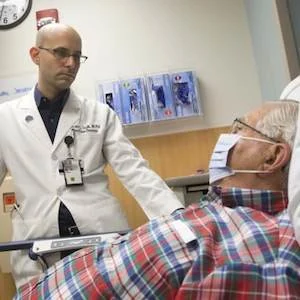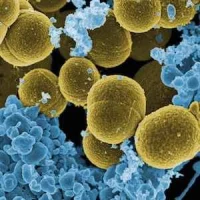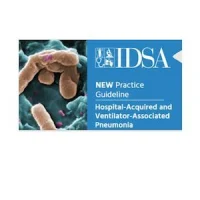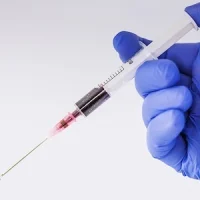More precise use of antibiotics may result from a blood test, according to an observational study from scientists at Duke Health, published in Science Translational Medicine.
The infectious disease and genomics experts developed ‘gene signatures’, which are patterns that reflect which of a patient’s genes are turned on or off, to indicate whether someone is fighting infection from a virus or bacteria. Results can be derived from a small sample of the patient’s blood. The study, in which participants with respiratory problems were enrolled during visits to emergency departments at five hospitals, including Duke, the Durham VA Medical Center and UNC Hospital in Chapel Hill, showed these to be 87 percent accurate in classifying more than 300 patients with flu viruses, rhinovirus, several strep bacteria and other common infections, as well as showing when no infection was present.
Senior author Geoffrey S. Ginsburg, MD, PhD, director of Duke’s Center for Applied Genomics & Precision Medicine, said: “In the next five to 10 years, we will likely see new antiviral medications for common bugs like respiratory syncytial virus (RSV) and even rhinovirus, (the predominant cause of the common cold), and guiding treatment choices will be even more important.”
The team previously identified gene signatures associated with viral infections, but this is the first study to distinguish non-infectious illnesses and viral from bacterial infections at the patient’s molecular level. With current technology, measuring a person’s gene expression profile from blood could take as long as 10 hours. Study authors are currently working with developers to create a one-hour test that could be used in clinics.
Source: Duke Health
Image credit: Shawn Rocco/Duke Health
Image caption: Ephraim Tsalik, MD, PhD, at Duke Health assesses a patient for respiratory symptoms.
The infectious disease and genomics experts developed ‘gene signatures’, which are patterns that reflect which of a patient’s genes are turned on or off, to indicate whether someone is fighting infection from a virus or bacteria. Results can be derived from a small sample of the patient’s blood. The study, in which participants with respiratory problems were enrolled during visits to emergency departments at five hospitals, including Duke, the Durham VA Medical Center and UNC Hospital in Chapel Hill, showed these to be 87 percent accurate in classifying more than 300 patients with flu viruses, rhinovirus, several strep bacteria and other common infections, as well as showing when no infection was present.
Senior author Geoffrey S. Ginsburg, MD, PhD, director of Duke’s Center for Applied Genomics & Precision Medicine, said: “In the next five to 10 years, we will likely see new antiviral medications for common bugs like respiratory syncytial virus (RSV) and even rhinovirus, (the predominant cause of the common cold), and guiding treatment choices will be even more important.”
The team previously identified gene signatures associated with viral infections, but this is the first study to distinguish non-infectious illnesses and viral from bacterial infections at the patient’s molecular level. With current technology, measuring a person’s gene expression profile from blood could take as long as 10 hours. Study authors are currently working with developers to create a one-hour test that could be used in clinics.
Source: Duke Health
Image credit: Shawn Rocco/Duke Health
Image caption: Ephraim Tsalik, MD, PhD, at Duke Health assesses a patient for respiratory symptoms.
Latest Articles
Infections, Antibiotics, Blood test
The infectious disease and genomics experts developed ‘gene signatures’, which are patterns that reflect which of a patient’s genes are turned on or off, to indicate whether someone is fighting infection from a virus or bacteria. Results can be derived fr










